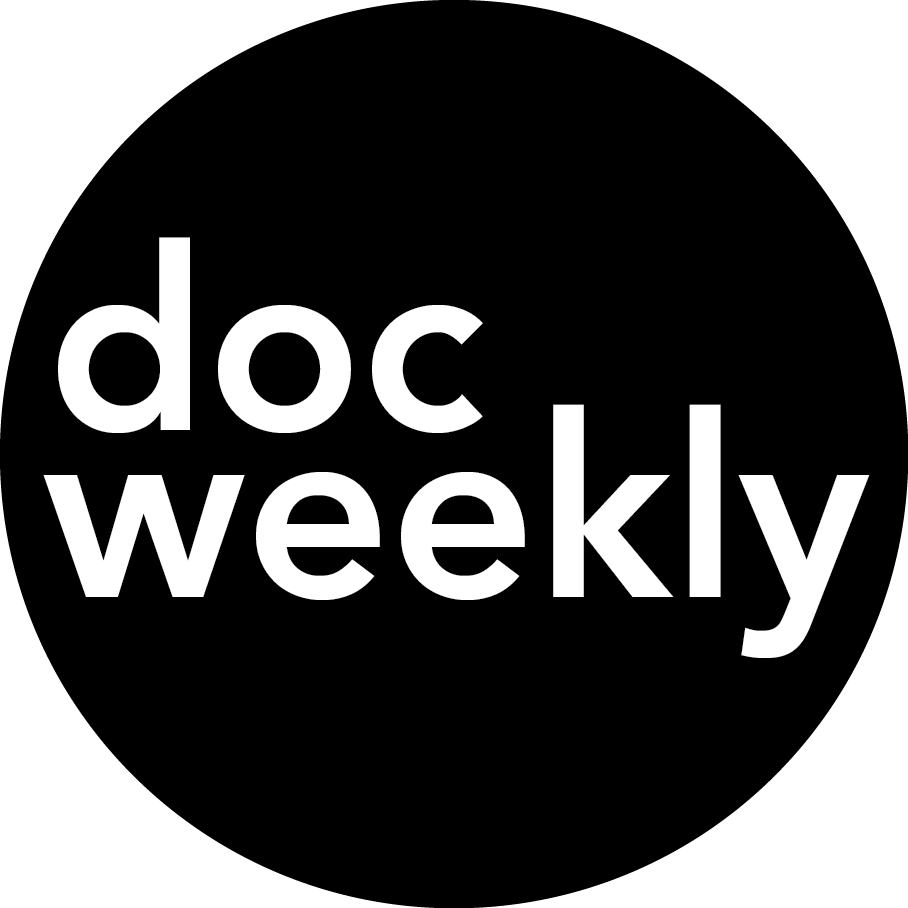Right now, someone in Manila is censoring your news feed
Every day, hundreds of millions of tweets, Instagram posts, Facebook updates and Youtube uploads make their way online from the devices of the over 3 billion people worldwide that use social media. Inevitably, a significant portion of these uploads will be reported for showing nudity, violence, harassment or promoting self-harm, hate speech and even terrorism.
But what happens next? How do social networks deal with these complaints? How do they determine what should be deleted? Who decides?
Strangely, the answer lies in Manila, the Philippines, which serves as the dystopian backdrop to directors Moritz Riesewieck and Hans Block’s sinister documentary “The Cleaners”.
“Ignore, delete, ignore, delete…“. This is the nauseating drumbeat to which the Philippino men and women tasked with keeping Facebook ‘clean’ live their working hours. Employed by a third party contracted by Facebook, paid a low wage and sworn into secrecy before they even begin, they are the people who rule what you and I get so see in our news feeds. Painstakingly, each ‘cleaner’ must meet the target of analysing 25,000 posts a day, with an average decision time of 3 seconds per post. They are trained in the recognition of terrorist symbols, pornographic terminology and work to a strict set of rules.
Through a mixture of anonymous whistleblowing, secretive interviews with current workers and first person accounts from ex-staff, the film successfully shines a light on this difficult work and instinctively, viewers will feel sympathy and admiration towards the people caught up in it. They share chilling anecdotes such as witnessing “hundreds” of beheadings, evidence of ongoing child sex abuse or even one person hanging themselves during a live-stream.
As the camera lingers on the human scavengers picking their way through a never-ending pile of the world’s trash at the edge of the city, you can’t help but draw a parallel between them and the office-dwelling moderators, trapped in the purgatory of sifting through a constant stream of humanity’s most abhorrent and shocking imagery.
Manila, Philippines makes for a noir and dystopian backdrop to “The Cleaners”.
But, as the film draws more context around them, we begin to see the cleaners for what they really are. They are young, flawed and as vulnerable to toxic ideology as anyone else.
Carefully, different cases from around the world are brought to our attention. The satirical nude painting of Donald Trump that went viral during his election campaign ? Delete. Photographs of the corpses of toddlers killed during strikes targeted at civilians in Syria ? Delete. Fake news attacking Rohingya Muslims in Myanmar ? Ignore. Although each case is loaded with context, political agenda and complex societal debate, it’s dealt with in just 3 seconds by a privately contracted and unaccountable individual, thousands of miles away. In countries like Myanmar where most of the population only has access to Facebook as a news source, there’s a strong case for a moderators’ rushed judgement leading to persecution and aggression towards vulnerable groups like the Rohingya.
However, the most shocking evidence unearthed by the film is that companies such as Google and Facebook regularly follow orders from local governments to quash certain narratives and content, in exchange for continued access to their market. In Turkey for instance, it is revealed that Facebook intentionally represses negative press towards Erdogan’s government, much in the same way that local newspapers do under the thumb of their government’s ever-present censorship.
“The Cleaners” feels like the final nail in social media’s coffin. What once seemed to herald a new era for peaceful interaction, global information exchange and freedom of expression has become, in just a few years, a tool for hate speech, fake news and information control. It paints a macabre picture of today’s world, but also a sadly accurate one.








